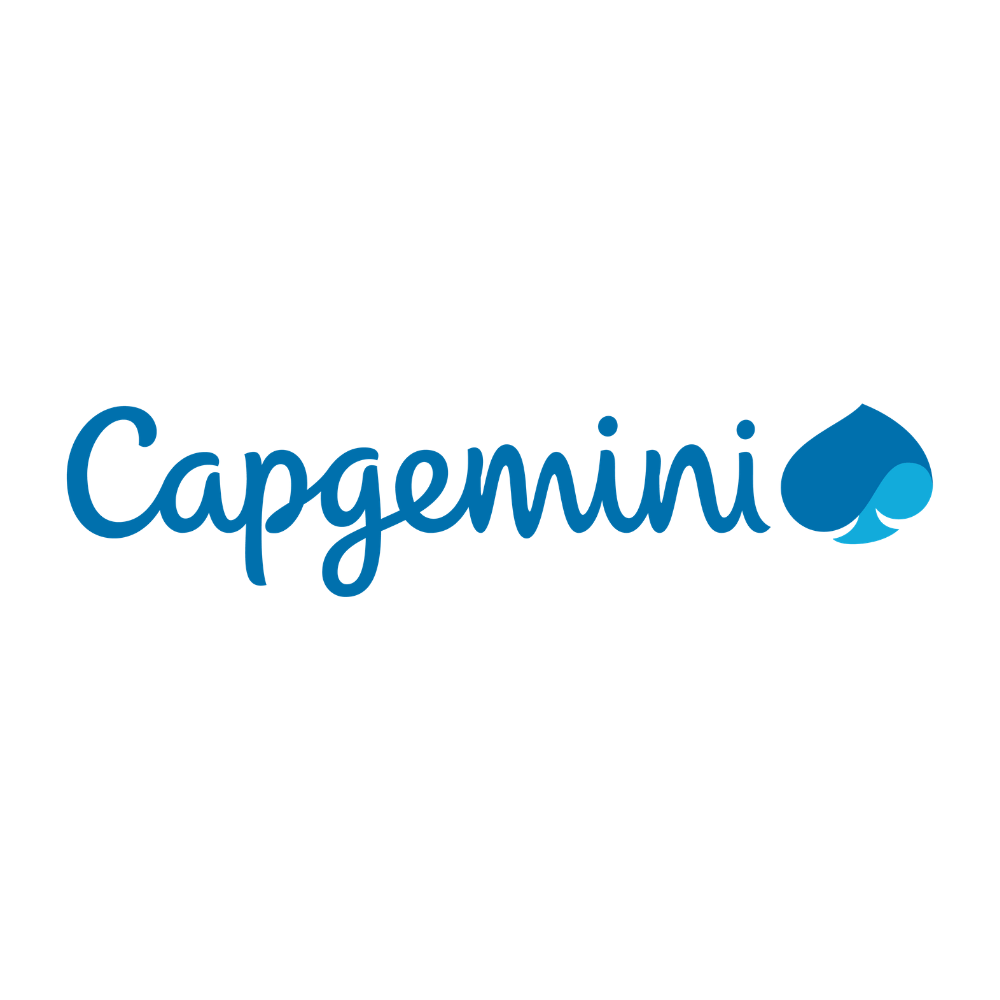How much have you thought about your career lately?
Do you have grand plans to be a doctor, teacher, engineer or perhaps something more creative? You might even dream of starting a business or becoming a sports star.
But did you ever think about … consulting?
You may or may not have heard the term before as a student. So, what is consulting, and what does it mean to pursue a career as a consultant?
Let’s find out with the help of James Schlunke! As the Australian and New Zealand Graduate Program Lead at Capgemini (and previous Graduate Consultant), there’s no one better placed to offer their insights on the topic 👇
What is Consulting
Are there any Latin speakers? I’m guessing probably not too many! But here’s a quick definition of consulting that can help us understand what it means:
Consulting from the Latin consultare, which means “to deliberate”.
Although consultants do a lot of deliberating (along with planning, research, analysis and presentations, the core component of what we do is problem-solving.
We have many clients with numerous different kinds of problems that need solving. That’s why we have various business lines with distinct kinds of expertise. This means we can offer our clients a broad range of professional services and provide value across different industries.
For example, some clients might believe their software is outdated and inefficient for their business ambitions and productivity goals. In that case, we would send them consultants from one of our software business lines to help advise on, build and implement suitable software we have a license for.
Or a client may want to make sense of their large volumes of data and identify any patterns that might help understand how they can be more successful. Then, we would assign consultants with expertise in analytics and data science.
Exploring the Diversity of Consulting Careers
We also have a strategy brand, Capgemini Invent. This brand allows companies to enhance their performance and improve their business objectives. We recently added an engineering consulting practice to help clients solve (you guessed it!) problems that require an engineering solution.
We execute these problem-solving activities as ‘projects’ with the client. Projects can have vastly different lengths and complexities depending on the problem.
Sometimes, we consult on large projects that require different kinds of expertise! This is where different consultants work together to achieve solutions.
How Can You Get Into a Consulting Career?
1. Find out what you want to do.
If you’re interested in consulting, your first challenge is finding out what kind of consulting you want.
As mentioned above, we have many clients with many problems that need solving. That’s why it’s best to align yourself with at least one type of consulting.
If you don’t know, find out!
The best ways are to look at the company website or, if you care to be a bit bold, build a LinkedIn profile (an essential task when you reach university) and reach out to someone who works there. The worst that can happen is they say no, so why not try it?
2. Figure out your study pathway.
Generally, the pathway into consulting is degree-neutral, and I have seen fantastic consultants in my graduate program with degrees as varied as education, psychology, mathematics and industrial design.
However, some degrees pair up better with our offerings than others. For example, many law, business, economics and commerce graduates gravitate towards management consulting. Those with information systems, computer science, and analytics degrees are more technical in their disciplines.
That said, if you have the right attitude, drive and passion, you will still be a practical and successful consultant anywhere in the business. I have seen it many times before!
3. Stay up-to-date with the business world.
Additionally, be across the news!
Consulting in our digital world is all about technology, so staying current with trends is essential. For example, curating a good understanding of generative AI would be highly recommendable to anyone encountering the working world, as this will likely affect all businesses and industries.
Communicating how technology impacts the commercial world and the needs of a modern business is highly likely to impress a potential interviewer or recruiter.
4. Develop your communication skills.
Finally, good communication is everything in our business. The more adept you are at communicating, the more effective you will be at solving problems.
In our world, I consider this skill to trump sharp technical prowess or business acumen. Good, clear communication helps drive transparency, cultivate good relationships, prevent misunderstandings and, most importantly, helps earn the trust of our clients.
Not everyone is born with this talent, but it can be sharpened! Involving yourself in part-time/volunteer work in a customer-facing team environment will help boost your skills in this area.
Grow Your Consulting Career With Capgemini
Capgemini is a diverse organisation of 300,000 team members in nearly 50 countries. As a global leader, Capgemini partners with companies to transform and manage their businesses by harnessing the power of technology.
Capgemini is guided daily by its purpose of unleashing human energy through technology for an inclusive and sustainable future.
Find out more about everything Capgemini has to offer early career starters via their employer profile right here at Explore Careers!

